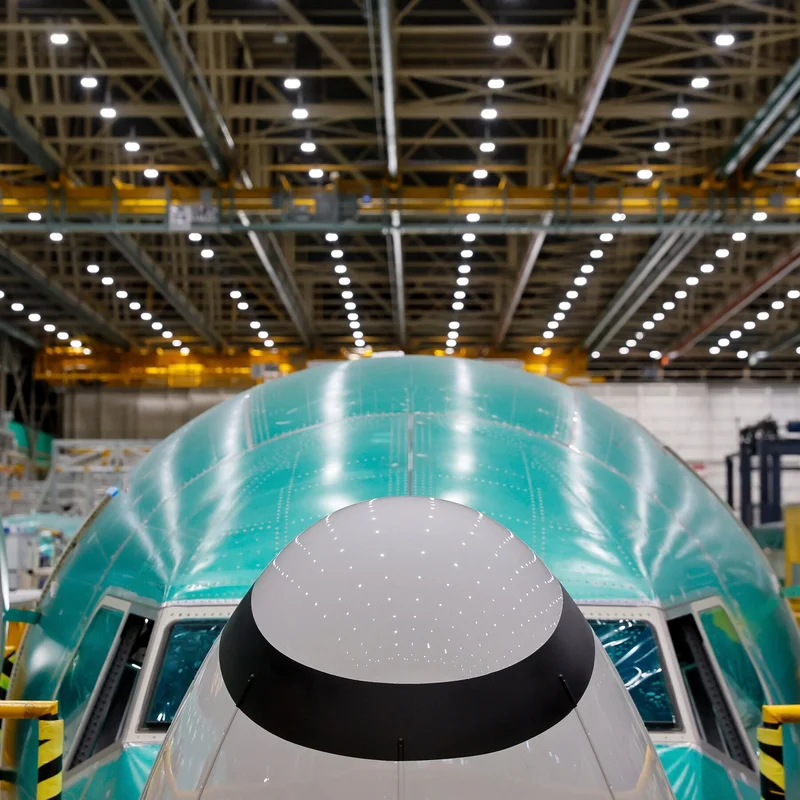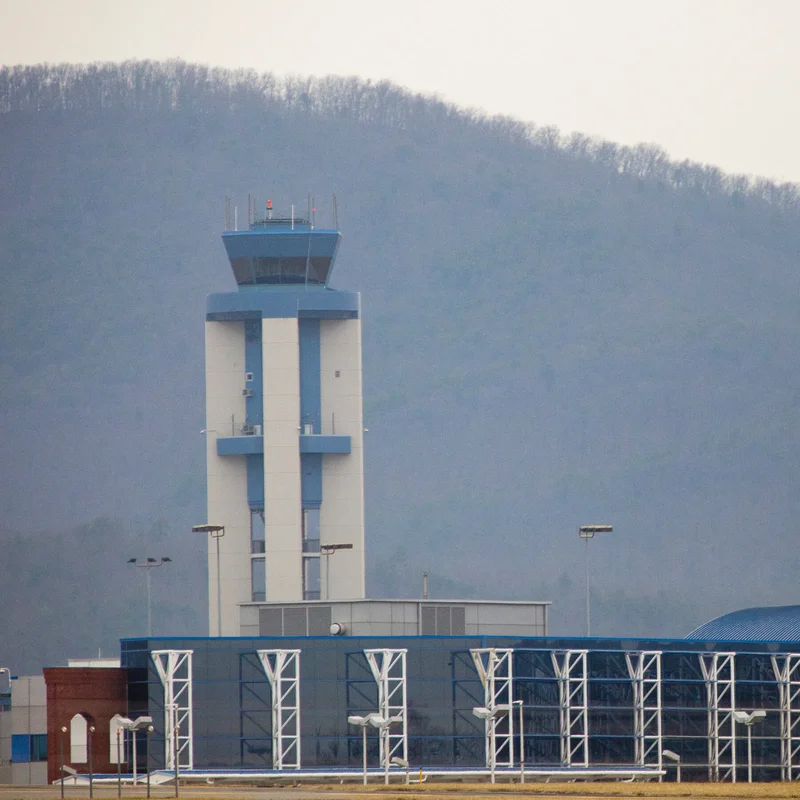In a significant milestone for aviation recovery, the Federal Aviation Administration (FAA) announced on September 26, 2025, that Boeing will once again be allowed to issue airworthiness certificates for its 737 Max and 787 Dreamliner aircraft . This marks a pivotal step in restoring trust after years of safety crises that led to the grounding of the 737 Max fleet following two fatal crashes in 2018 and 2019.
What the FAA Decision Means
The FAA has authorized Boeing to conduct Organizational Delegation Authorization (ODA), allowing company engineers to approve certain aspects of aircraft safety certification—something the agency had largely taken over directly after the 737 Max disasters . Starting Monday, Boeing and the FAA will alternate issuing airworthiness certificates on a weekly basis .
“Safety drives everything we do, and the F.A.A. will only allow this step forward because we are confident it can be done safely.”
— Federal Aviation Administration statement, September 26, 2025
A Path to Recovery: Key Safety Milestones
The decision follows a multi-year effort by Boeing to overhaul its safety culture and production quality controls. The FAA conducted a thorough review before reinstating delegation privileges .
✅ Boeing’s Road to Regaining Trust
- 2019: FAA revokes key delegation powers after 737 Max crashes kill 346 people .
- 2020–2022: 737 Max grounded globally; redesigns implemented under direct FAA oversight .
- 2023: FAA begins phased return of ODA authority for non-critical systems .
- 2024: Increased scrutiny on 787 Dreamliner due to fuselage quality issues .
- Sep 2025: Full alternating certification authority restored for 737 Max and 787 .
Certification Process: How It Works Now
Under the new arrangement, Boeing and the FAA will take turns certifying each new aircraft. This hybrid model aims to balance efficiency with independent oversight.
| Aspect | Before 2019 | 2019–2025 | Starting Sept 2025 |
|---|---|---|---|
| Who Issues Airworthiness Certificate? | Boeing (via ODA) | FAA exclusively | Alternating weekly: Boeing & FAA |
| Level of FAA Oversight | Indirect (delegated) | Direct, continuous | High, with shared responsibility |
| Focus Area | Efficiency | Safety reform | Quality + Accountability |
Why This Matters for Travelers and Airlines
The change is expected to streamline production and reduce delivery delays for airlines like United, American, and Delta, which have long-standing Boeing orders . However, passenger confidence remains fragile.
- For Airlines: Faster certification means quicker delivery of new fuel-efficient jets.
- For Passengers: Independent FAA checks continue, ensuring dual-layer safety validation.
- For Boeing: Restored credibility could help win back international customers.
Ongoing Challenges and Watchdogs
Despite progress, skepticism persists. Aviation watchdogs and pilot unions emphasize that sustained vigilance is essential. The National Transportation Safety Board (NTSB) continues to monitor Boeing’s supply chain quality .
“Delegation isn’t a reward—it’s a responsibility. Boeing must prove day after day that safety comes first.”
— Sarah Webb, aviation analyst at FlightGlobal
Looking Ahead: The Future of Aircraft Safety
The FAA’s conditional trust signals cautious optimism. As Boeing ramps up production, the world will be watching for any signs of regression. For now, the alternating certification model stands as a symbol of accountability in action.
To learn more about airline safety standards, visit [INTERNAL_LINK:airline-safety-ratings].
For official updates on aircraft certifications, refer to the Federal Aviation Administration.
Sources
- The New York Times: Boeing Will Regain Ability to Certify Some Planes From F.A.A.
- Federal Aviation Administration: Statement on Boeing Certification Authority
- NTSB Report: Lion Air Flight 610 Crash
- Boeing: 737 MAX Return to Service
- Reuters: FAA Returns Limited Delegation Authority to Boeing (2023)
- Bloomberg: Boeing 787 Deliveries Hit by Quality Issues




